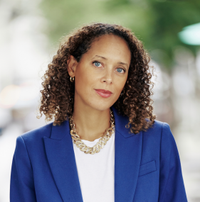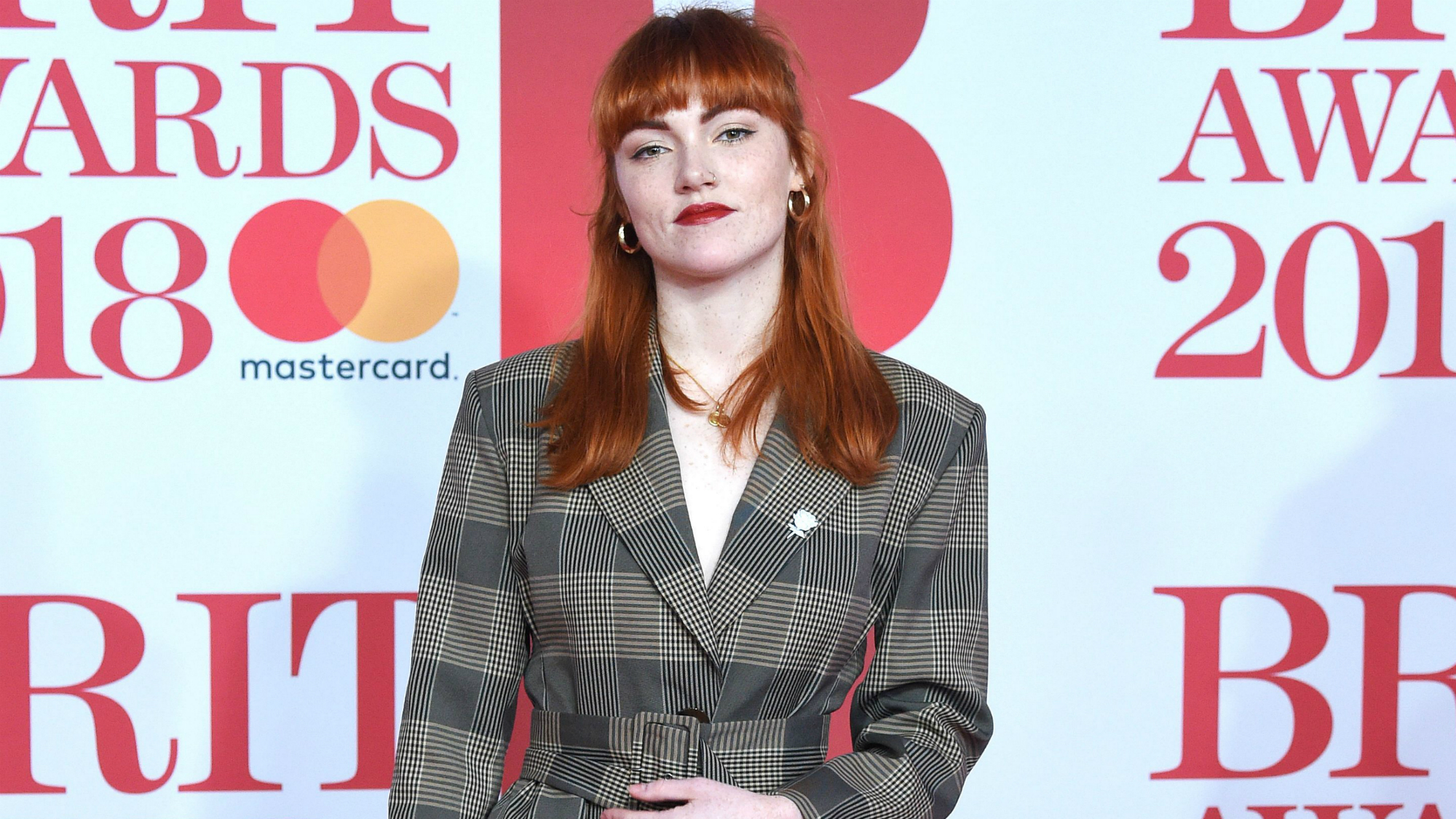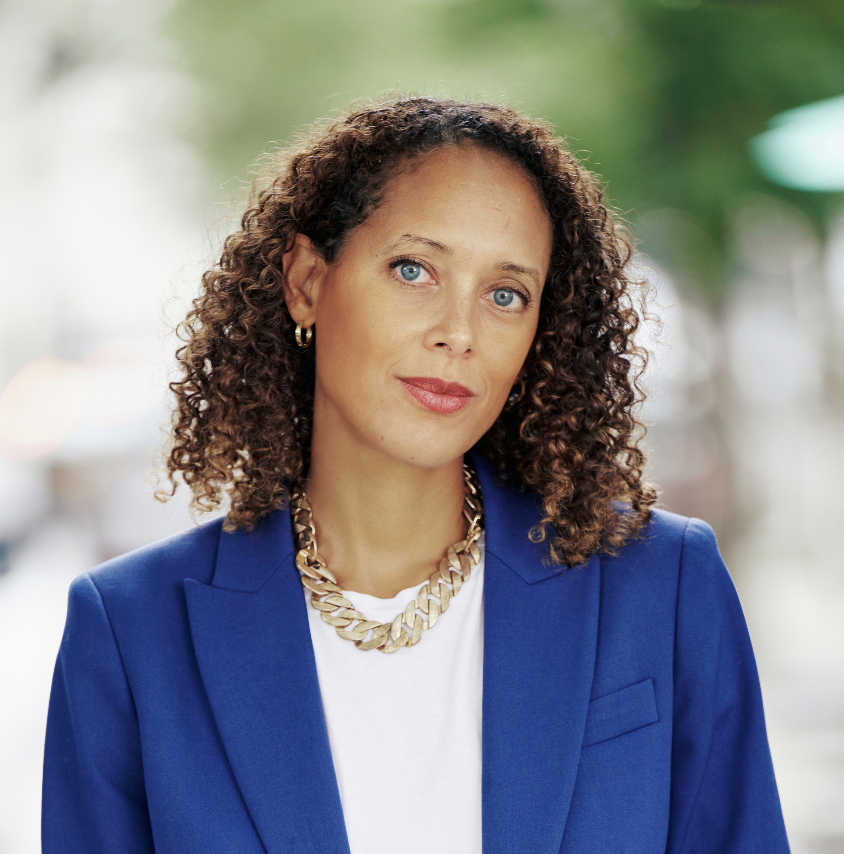Rape at work happens - here's why it has to stop, by Chloe Howl
Musician and activist Chlöe Howl, 23, talks exclusively to Marie Claire about the culture of sexual assault and rape being covered up by the music industry. Is this the next #MeToo time bomb?


Celebrity news, beauty, fashion advice, and fascinating features, delivered straight to your inbox!
You are now subscribed
Your newsletter sign-up was successful
Musician and activist Chlöe Howl, 23, talks exclusively to Marie Claire about the culture of sexual assault and rape being covered up by the music industry. Is this the next #MeToo time bomb?
It’s a sad fact that most women I’ve spoken to in the music industry have experienced sexual harassment first-hand. But even more worrying is how many have confessed to being raped by powerful men who are still working today – and how often these stories are silenced or normalised as ‘just the way things are’. I was regularly encouraged by senior colleagues to flirt with big producers – the ones who could make or break my career overnight. Vulnerable teenage artists with big dreams are often heavily encouraged to be tolerant of predatory behaviour and even humour the casually abusive guys who pursue them. The worst part is that the abuser can be the man closest to the artist – like a senior representative from her label, a producer or manager – the very person employed to be her protector. Put simply, it is a disgraceful abuse of trust.
I was signed by a major record label at the age of 16 after leaving school, but it was only when I was 18 and touring that I began to really notice the widespread culture of sexual harassment and abuse in the industry. When you’re on tour, everyone is away from home and living in impermanent situations, so predators feel emboldened to act without fear of the consequences. The underlying attitude is that you just don’t want fame enough if you’re not agreeing to be more flirtatious with the men wielding the power. It's #NotMyJob.
I know one girl who was raped as her career was taking off in her twenties. Afterwards, to avoid anyone finding out, the man had her removed from her role and she lost her job. She has now left the industry. Another I know was at a party for her label when she fell asleep and woke up to find that a man was actually sexually molesting her. Another girl’s manager pressurised her to be in a relationship with him and began blackmailing her, telling her he’d destroy her career if she didn’t comply. Imagine knowing you can’t say no without losing everything you’ve worked for. You find yourself wondering if maybe you just have to do it if you really want your dream.
I’m speaking out because I wasn’t prepared to just go along with this. I was still a teenager when a much older male colleague I was working closely with suddenly started spamming me with inappropriate texts and telling me he wanted something to happen between us. When I didn’t reciprocate, he became angry. When he found out I was dating someone, he even tried to sabotage it. Another guy whose advances I didn't respond to changed from pursuing me to telling me my music was shit and insulting me every time we saw each other. One night I remember him grabbing my bum in front of several colleagues to humiliate me. It was him saying, ‘I can have my way with you whenever I like and you can’t do anything about it.’ When I made a scene, everyone told me to chill out and played it down, so I ended up feeling guilty.
The high-profile scandals I’ve seen recently have made me realise that women who are abused shouldn’t be hiding in the shadows – it’s the men doing the abusing who should. And since I started speaking out, more women have come forward. I know Stop 2018 has men in my industry worried, but it’s about making those who are abusive accountable and allowing women to feel they’re heard. It’s also about making all the good men out there part of the movement. If they see men being inappropriate, they need to call them out, too.
Celebrity news, beauty, fashion advice, and fascinating features, delivered straight to your inbox!

Andrea Thompson is Editor in Chief at Marie Claire UK and was named by We are the City as one of the UKs top 50 trailblazers for her work championing gender equality. She sits on the committee of the British Society of Magazine Editors where she acts as Chair.
Andrea has worked as a senior journalist for a range of publications over her 20 year career including The Sunday Times, The Guardian, The Daily Mail, Channel 4, Glamour and Grazia. At Marie Claire UK, Andrea oversees content, strategy, events and campaigns across fashion, beauty and the brand's purpose pillars. Follow her on instagram at @andreacanwrite